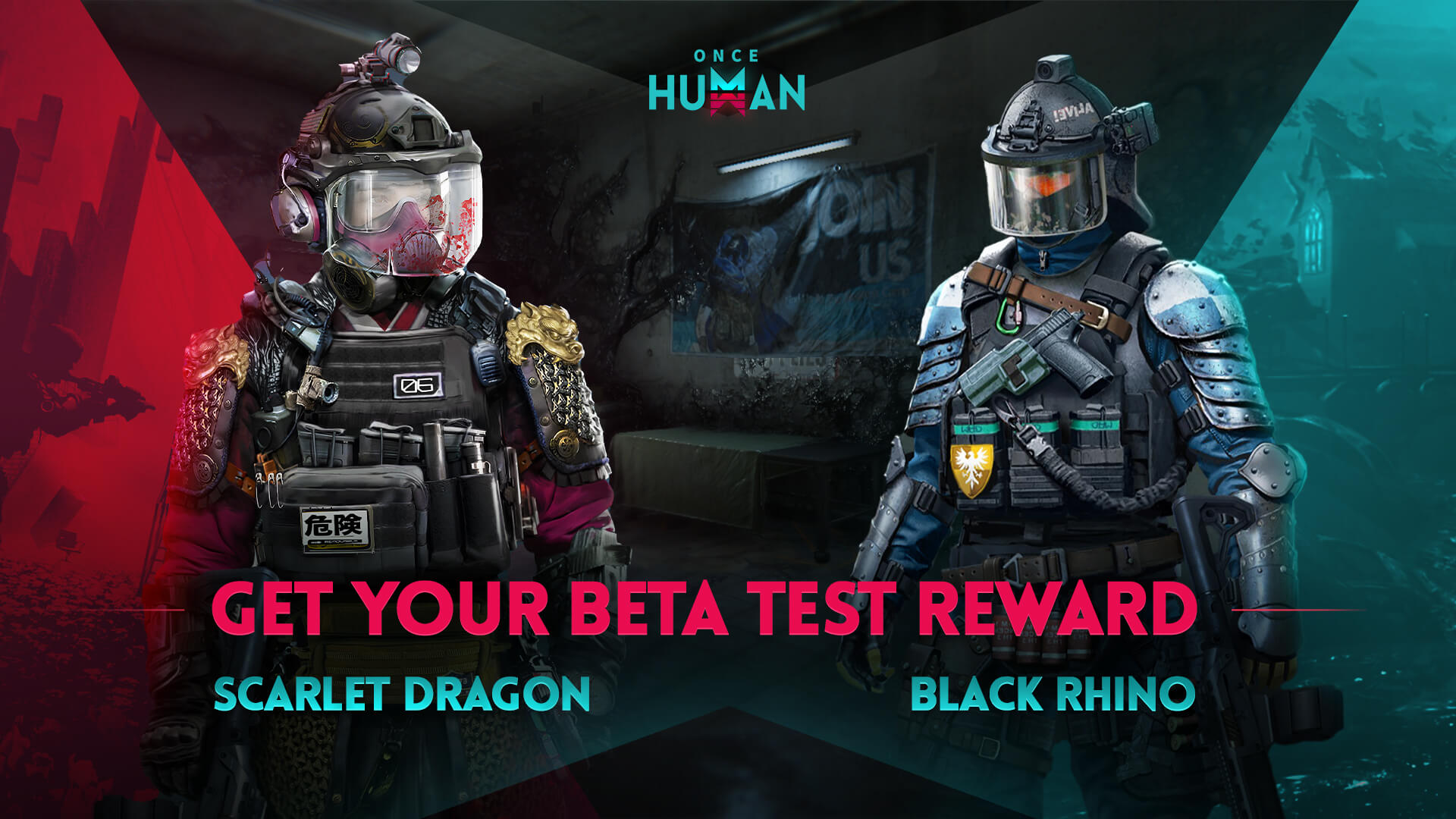Exploring The World Of The Almost Human Game: What Makes It So Captivating?
Have you ever wondered what it would be like to interact with a game that feels almost human? Imagine stepping into a world where characters exhibit lifelike emotions, make decisions based on complex algorithms, and even adapt to your gameplay style. The "almost human game" phenomenon has taken the gaming industry by storm, offering players an immersive experience that blurs the line between fiction and reality. With advancements in artificial intelligence (AI), realistic graphics, and dynamic storytelling, these games are redefining how we perceive entertainment.
What sets the "almost human game" apart is its ability to create an emotional connection with players. Whether it's a character that remembers your past choices or a storyline that evolves based on your actions, these games are designed to make you feel like you're part of something larger than life. Developers have invested heavily in creating lifelike animations, voice acting, and decision-making systems that mimic human behavior. This level of detail ensures that every interaction feels authentic, keeping players engaged for hours on end.
As technology continues to evolve, so does the potential for games to become even more lifelike. From virtual reality (VR) experiences to AI-driven narratives, the "almost human game" is at the forefront of this revolution. But what exactly makes these games so captivating? How do developers achieve such realism? And most importantly, what impact do these games have on players? In this article, we'll delve into the intricacies of the "almost human game," exploring its development, appeal, and future potential.
Read also:What Is A Pokeacutemon Flesh Light And Why Is It Trending
Table of Contents
- What Is an Almost Human Game?
- How Do Developers Create Lifelike Characters?
- Why Are Almost Human Games So Addictive?
- The Role of AI in Almost Human Games
- What Impact Do These Games Have on Players?
- Future Trends in Almost Human Gaming
- How Can You Get Started With Almost Human Games?
- FAQs About Almost Human Games
What Is an Almost Human Game?
The term "almost human game" refers to video games that prioritize realism in character behavior, decision-making, and interactions. These games aim to replicate human-like qualities, making the experience feel more personal and engaging. Players often find themselves emotionally invested in the outcomes of these games because the characters and storylines are designed to resonate on a deeper level.
One of the key features of an "almost human game" is its reliance on advanced technology. For instance, motion capture technology allows developers to record real-life movements and translate them into digital animations. This ensures that characters move and behave in ways that are indistinguishable from real humans. Additionally, sophisticated AI systems enable characters to respond dynamically to player actions, creating a sense of unpredictability and realism.
Examples of "almost human games" include titles like The Last of Us, Red Dead Redemption 2, and Detroit: Become Human. These games are celebrated for their ability to evoke strong emotions and immerse players in their worlds. Whether it's through compelling narratives, realistic dialogue, or lifelike visuals, these games set a new standard for what gaming can achieve.
How Do Developers Create Lifelike Characters?
Creating lifelike characters in an "almost human game" is no small feat. It requires a combination of cutting-edge technology, artistic skill, and psychological understanding. Developers often begin by studying human behavior to ensure that their characters exhibit realistic traits. This involves analyzing body language, facial expressions, and even subtle nuances like blinking patterns or hand gestures.
What Role Does Motion Capture Play?
Motion capture, or mocap, is one of the most important tools in a developer's arsenal. This process involves recording the movements of real actors and translating them into digital animations. By using mocap, developers can ensure that characters move in ways that are both fluid and natural. For example, in The Last of Us, the protagonist's movements were captured from the actor Troy Baker, lending authenticity to the character's actions.
Why Is Voice Acting So Crucial?
Voice acting is another critical component of creating lifelike characters. A well-delivered line can make all the difference in how players perceive a character. Developers often collaborate with professional voice actors to bring their characters to life. These actors are tasked with conveying a wide range of emotions, from joy and excitement to sadness and anger, ensuring that the characters feel multidimensional.
Read also:Why The Paul Rudd Meme Has Taken Over The Internet A Deep Dive
Why Are Almost Human Games So Addictive?
There's something inherently captivating about "almost human games" that keeps players coming back for more. Part of this allure lies in their ability to create a sense of agency. Unlike traditional games where players follow a predetermined path, "almost human games" often allow for multiple outcomes based on player choices. This sense of control makes the experience feel more personal and rewarding.
Another reason these games are so addictive is their ability to evoke strong emotions. Whether it's the thrill of a narrow escape or the heartbreak of losing a beloved character, these games tap into our deepest feelings. Developers achieve this by crafting intricate narratives that resonate with universal themes like love, loss, and redemption.
Finally, the social aspect of "almost human games" cannot be overlooked. Many of these games include multiplayer modes or online communities where players can share their experiences. This sense of camaraderie adds another layer of engagement, making the games even more addictive.
The Role of AI in Almost Human Games
Artificial intelligence is the backbone of any "almost human game." AI algorithms are responsible for everything from character decision-making to environmental interactions. These systems are designed to adapt to player behavior, ensuring that the game remains challenging and unpredictable.
How Does AI Enhance Gameplay?
AI enhances gameplay by creating dynamic and responsive environments. For example, in Red Dead Redemption 2, NPCs (non-player characters) have daily routines, react to weather changes, and even remember past interactions with the player. This level of detail makes the world feel alive and immersive.
What Are the Challenges of Using AI?
While AI has revolutionized the gaming industry, it's not without its challenges. One of the biggest hurdles is ensuring that AI behaves in a way that feels natural and believable. Developers must strike a delicate balance between creating intelligent characters and avoiding behaviors that seem too robotic or scripted.
What Impact Do These Games Have on Players?
The impact of "almost human games" extends beyond entertainment. These games have been shown to improve cognitive skills, foster empathy, and even help players cope with real-life challenges. By immersing players in complex narratives, these games encourage critical thinking and problem-solving.
Can Almost Human Games Improve Emotional Intelligence?
Yes, they can! Many "almost human games" require players to navigate complex social interactions, teaching them valuable lessons about empathy and communication. For example, in Detroit: Become Human, players must make difficult moral decisions that affect the storyline, encouraging them to consider the consequences of their actions.
Do These Games Have Any Negative Effects?
While the benefits of "almost human games" are undeniable, there are potential downsides. Some players may become overly invested in the virtual world, leading to issues like gaming addiction or escapism. It's important for players to maintain a healthy balance between gaming and real-life responsibilities.
Future Trends in Almost Human Gaming
The future of "almost human gaming" is incredibly exciting. With advancements in AI, VR, and machine learning, developers are poised to create even more immersive experiences. Imagine a game where characters can hold real-time conversations with players or adapt their personalities based on player behavior. These innovations are closer than you might think.
One emerging trend is the integration of biometric data into gameplay. By analyzing heart rate, facial expressions, and other physiological signals, games can adjust their difficulty levels or storylines in real time. This level of personalization will take the "almost human game" experience to new heights.
How Can You Get Started With Almost Human Games?
If you're new to the world of "almost human games," there's no better time to dive in. Start by exploring popular titles like The Last of Us, Red Dead Redemption 2, and Detroit: Become Human. These games offer a perfect introduction to the genre and showcase the best of what it has to offer.
Consider investing in a gaming console or PC that supports advanced graphics and AI features. This will ensure that you get the most out of your gaming experience. Additionally, joining online communities or forums can help you connect with other players and share tips and strategies.
FAQs About Almost Human Games
What Makes an Almost Human Game Different From Other Games?
Unlike traditional games, "almost human games" focus on creating lifelike characters and dynamic storylines. These games use advanced AI, motion capture, and voice acting to replicate human behavior, making the experience feel more personal and immersive.
Are Almost Human Games Suitable for Kids?
While many "almost human games" are family-friendly, some titles may contain mature themes or violent content. It's important to check the game's rating and content warnings before allowing children to play.
Can I Play Almost Human Games on My Phone?
While mobile gaming has come a long way, most "almost human games" are designed for consoles or PCs due to their high graphical and processing demands. However, some mobile games incorporate AI and lifelike elements, offering a taste of the experience.
In conclusion, the "almost human game" genre represents the pinnacle of gaming innovation. By combining cutting-edge technology with compelling storytelling, these games offer an unparalleled level of immersion and engagement. Whether you're a seasoned gamer or a newcomer, there's never been a better time to explore this fascinating world.
External Link: For more insights into the future of gaming, check out this article on PC Gamer.
Mastering Multi Account Management: Strategies, Benefits, And Best Practices
Who Is Demetrius Jenkins? Discover The Inspiring Journey Of A Remarkable Individual
Edward Dowd: Unveiling The Man Behind The Name

Almost Human

Once Human